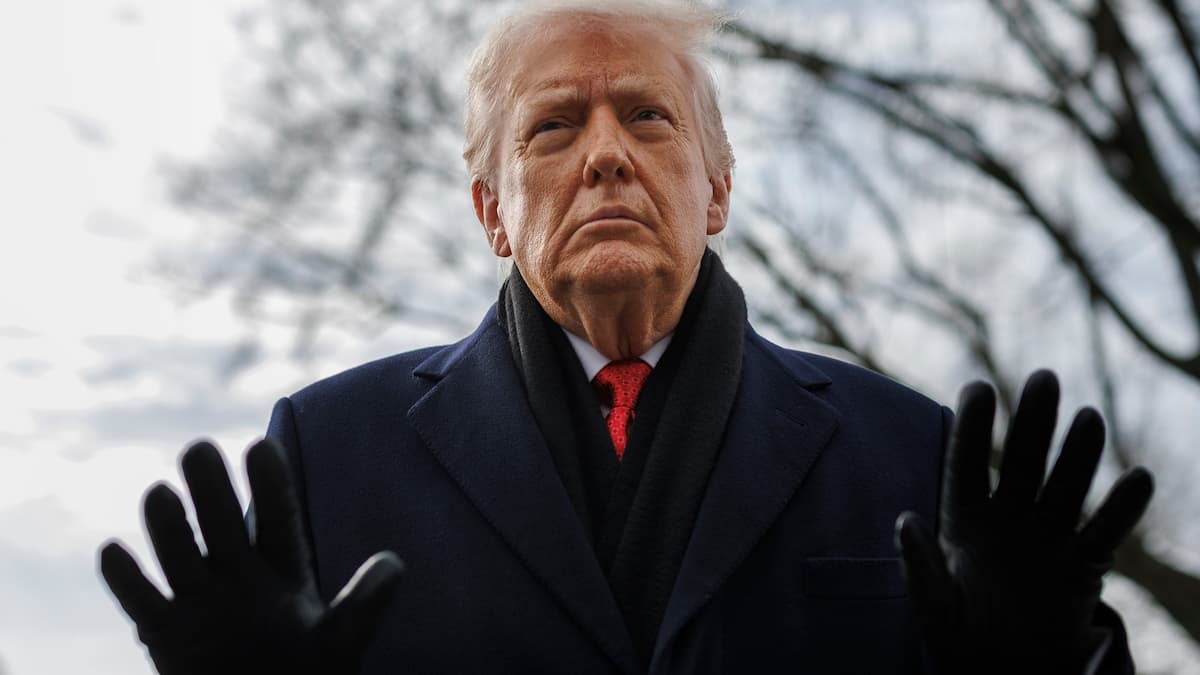All episodes were provided prior to broadcast.
In its freshman outing, Netflix’s Narcos functioned as a dramatization of the rise and fall of the infamous kingpin Pablo Escobar (portrayed here by a magnetic Wagner Moura), whose drug-powered empire shook Colombia in the 1980s before crumbling under the cumulative might of hand-picked DEA agents and the police. Going into its sophomore season, however, the show found itself facing a handful of narrative hurdles that threatened to thwart the multifaceted story it strove to tell. Starting off, the series had always been somewhat of a slow burn, indulging in protracted periods of build-up before slamming audiences with short, sudden chase sequences or gun battles to keep them invested.
This worked well enough, but it lacked the heft and the excitement that many were expecting.
However, now that Netflix has unleashed the second season upon an eager populace, it’s clear that any worry about a potential dip in quality can be put to rest. This is a season made infinitely more exciting by higher stakes, bigger moments, and gut-wrenching deaths, all of which help set the bar absurdly high for whatever the show’s creators decide to tackle next. Now, after ten episodes of painstaking set-up, Narcos has finally evolved into a show that’s enthralling not merely because it’s entertaining, but because it dares to tread upon ground that’s as dangerous and confounding as the man it seeks to explore.
This momentous sophomoric effort by series creators Chris Brancato, Doug Miro, and Carlo Bernard cements itself as a season of television bolstered by memorable performances, an impeccably-paced plot, and an unflinching look into the life of a man who changed Colombia forever. It’s clear that the show was created with a great love and respect for its material, and Brancato and company definitely did their due diligence when it came to passionate, thorough research. Deftly intercutting freshly-shot scenes with actual, archived footage from Colombian news stations, Narcos delivers something that’s as factually correct as it can be without becoming a documentary.
Narcos busies itself with the humanization and deconstruction of Escobar, recounting his story through a taut, sympathetic narrative that’s as fascinating as it is disturbing. Fortunately, the show doesn’t glorify his activities as much as it offers up insights into how and why he was ultimately destroyed. It masquerades as a tale told by and about an American DEA agent, but in actuality, it’s an exploration and explanation of Escobar, as told by Escobar.

Sure, it’s Boyd Holbrook’s Steve Murphy who narrates, as it’s Murphy who ultimately must help take down the crime lord. But the end of the day, the show centers around Escobar, who tells us his story not with impassioned speeches or unnecessary monologues, but with his splintered spirit. As he descends into a paranoia-induced madness kept at bay only by frequent relocation and the occasional murder, it becomes abundantly clear that we’re looking at someone who hates deeply and loves fiercely. He’s proven this time and again, but it’s here, at the end of the line, that we finally meet him.
A man as mercurial as Pablo Escobar cannot be properly examined without first acknowledging that, beneath the hate and the hubris, there resides a humanity that’s as fragile as it is fickle. Narcos realizes this and reminds us every chance it gets. Escobar isn’t invincible, and that’s absolutely the point. His actions paint him as a monster who kills with a ferocity that’s astonishing and appalling. His emotions, on the other hand, paint him as a deeply sensitive, incredibly vulnerable man who built an empire presumably to conceal and protect his greatest weaknesses. Narcos illustrates this dichotomy by following up touching family moments with vicious murders that provide an excellent look into this polarizing figure.
Like with all Netflix originals, the absence of network-imposed constraints allows Narcos to package and deliver its story without restraint. There’s violence, sex, and racism aplenty, but it wisely uses them to illustrate its point rather than to simply satisfy our morbid curiosities. Granted, the series (particularly this second season) does go to great lengths to depict its violence in a shockingly realistic manner, which may repel and repulse viewers who find that type of thing unnecessary.
The showrunners clearly don’t see it that way. They seem to see the show’s violence as a scene-setting method, a way of establishing that turbulent period as one characterized by gruesome murders and morally murky moves made by the narcos and the police. This approach won’t appeal to everyone, but it’s difficult to deny that it works.










Published: Aug 29, 2016 11:00 am